Rising pressure and anxieties among Indian students

Aparajita is currently doing her PhD in Visual Arts, Arts and Aesthetics at JNU. She is a trained archaeologist and has participated in exacavations at Rakhigarhi,Haryana and Odhisa. Her main area of interest is study of Ancient Indian history and culture.
Data collected by the National Crime Records Bureau states that at least one student commits suicide in India every hour. This number rises to almost 28 suicides every day. According to the data, up to 10,159 students have committed suicide in 2018. Maharashtra accounted for the highest number of these suicides, with an average of four suicides per day, followed by Tamil Nadu and Madhya Pradesh. Further, at least 60 students have committed suicide at IITs and IIMs in the last five years. Of the 23 IITs in India, 12 have had 50 cases of suicide. While a few cases come to light, most of them don’t. Kota, a primary teaching hub for competitive exams and immense academic pressure, witnesses a series of suicides every year. According to the lancet journals article, the suicides in India are highest in the age group 15-29. The rate of suicides for men is reported to be 40%, while for women it was at 60%. India has had the highest student suicide rate, with 38,000 students committing suicide since 2015.
Parental Pressure
According to the World Health Organization, one in every four children in India is depressed. They blame this on the parental pressure and the academic pressure faced by the kid. A typical day in a student’s life is filled with many activities. After school, many of them have to rush for maths, science tuitions. If this isn’t enough, they have their extracurricular activities like dance, painting, music or sports. Parents have certain expectations from their kids. At times these expectations can be justified, but often parents see their own repressed dreams in their kids. A parent who perhaps had to let go of his dream of higher education like becoming a doctor sees those ambitions in their children who become a medium to accomplish these dreams. This pressure works in myriad ways. Many parents want their students to get admission into IITs, clear UPSC, MPSC, become CA join their parental firms, become engineers not knowing that they may or might not be inclined to these fields, and so on.
Competitive parents make it worse by shaming and comparing their children with others. Dance, music, and drawing are an excellent means of de-stressing, but today even these activities are viewed competitively. This puts the kids under immense stress. The world outside is extremely competitive, where success is the highest marker. The society is constantly enforcing and dictating newer norms of success. All these pressures knowingly or unknowingly affect an individual. Demanding parents must alter their entire approach toward children. They must talk to their children and work towards being their confidant. Parents must start by taking responsibility for the pressure they are causing upon their child. They should further acknowledge that kids can have varied and distinct interest’s which, at times, may sound unconventional to parents. Parents have to openly address the differences and give a patient ear to their children.
Academic Pressure
Students today are subjected to pressure in schools, colleges with assignment, homework, exams. Education today is one size fits all. In its rote learning, mugging up of facts and concepts is encouraged. There is also, today, a compelling need to excel at academics. Stories of successful students, securing high rank, having great salaries often make the headlines creating a certain perception among students. These constant images add up to fear of failure among students. Constant pressure is directly reflected, through lack of performance, and motivation among kids. Parents further fail to acknowledge these issues and cover it up with declarations like their kids don’t have any issue; they will get over it; it is just a slump, and so on. These issues further aggravate, and the stress is often reflected in variant forms like anxiety, depression, nervousness which can considerably affect a students life.
Many times, even after studying for long hours, desired results are not acquired. This can considerably affect their attitude, which adds to their discontentment. While passing through such difficult phases, students often tend to become pessimistic. This has a negative impact on their social, emotional and academic wellbeing of students. This leads them to take harsh decisions in their life. A student commits suicide when he does not get the necessary support, or he is not able to handle the parental, academic and peer pressure. The Lokniti CSDS- KAS Youth Survey 2017 titled “Attitudes, Anxieties and Aspirations of India’s Youth: Changing Patterns” has revealed that 4 out of 10 students went through depression. The survey conducted in the age group 15-34 found that one out of four young children moderately suffered from depression, loneliness, or suicidal thoughts. The survey is useful to further understand the emotional maturity among college students.
It is important for parents, family members to understand that each child has a distinct coping mechanism. A good way to balance stress is to understand their capabilities, and most of it, not to have any unreasonable expectations from them. In trying to identify the symptom of stress among kids, one must look for a sudden disinterest in their favourite activities. When a kid is seen to be frequently ill, having bouts of sickness, it could indicate that he is facing stress. To help kids cope up with pressure parents should have an open dialogue with their children, they should interact with kids and if necessary, seek professional help. Research has further substantiated that authoritarian parenting has caused problems among many children. It is suggested that children who are grown under strict parental care and guidance face self-esteem and parental issues. The child might become isolated and sullen, which may make him an unsatisfied adult. Parents should time and again introspect on their parenting skill. There needs to be a change in pedagogy in academics, schools and colleges. They should lay emphasis on self-learning, project-based learning, referring to various sources. Perhaps in future, kids would benefit from a choice-based curriculum.
Caste Pressure
Apart, from academic reasons, caste-based discrimination faced by students at higher educational institutes is also a reason for student’s suicide. The Sukhdev Thorat committee was set up to investigate cases of harassment against SC and ST in higher educational institutes. It has been observed that there is rampant discrimination against students belonging to SC, ST categories at AIIMS. The report of the committee to enquire into allegation suggested that many of the students claimed that they were segregated. The committee reported that about 72% of SC/ST students mentioned some kind of discrimination during the teaching session. About 69% reported that they do not receive enough support from teachers. About 84% faced problems in evaluation. Among 76 % of respondents reported that the examiner had enquired about their caste background. Students faced discrimination even in their hostel space. Many students reported isolation at hostels. The committee also spoke at length on the discrimination faced by SC/ST professors. This has led to the shrinking of spaces for the members of SC/ST communities. This goes a long way in stifling their opportunities.
Deaths of Rohit Vemula, Payal Tadvi, are some of the recent examples of selective caste-based discrimination among SC/ST communities. Often frustrations, failures and loss to cope up with social alienation create a critical situation for many students. It is these students who resort to suicide. The committee, to avert such incidences, had recommended that the governing bodies of the university should set up a joint committee comprising students, faculty members. Wherein, members of SC/ST could address their grievances, none of the educational institutions has taken this step seriously.
Understanding Failure
In our society failure is not seen as an opportunity to learn but indicates a child’s inability at performing a particular activity. This creates an irrational belief that even the slightest failure means being unsuccessful in life. Children are not taught how to cope up with their failures and disappointments. Parents should understand that life is a marathon, failure is a part of life, and momentary failures don’t necessarily define a person. Kids today are less tolerant of criticism; they are not able to handle emotional upheaval. This is especially true today when kids have become sensitive to the smallest of comments. This generation has an instant need for gratification. Life has many dimensions. Being good academically is just a part of it, at the same time, being a good partner, parent, and a citizen is equally important. Aggressively, obsessing over a particular dimension and blowing it out of proportion does not benefit anyone. A child should be allowed to develop a good temperament so that he is prepared to become a responsible adult in future.
Featured Image Credits: Wikimedia


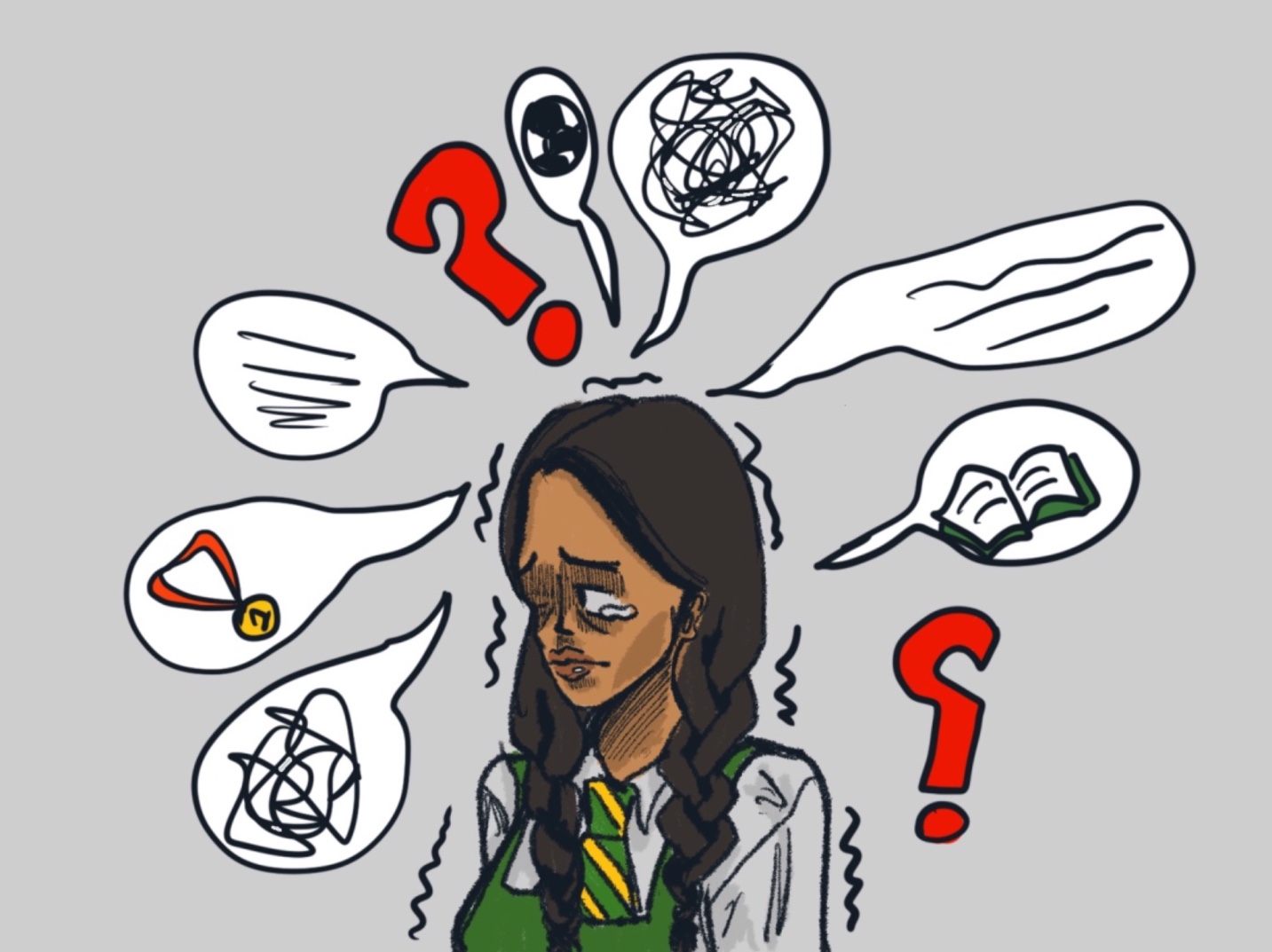
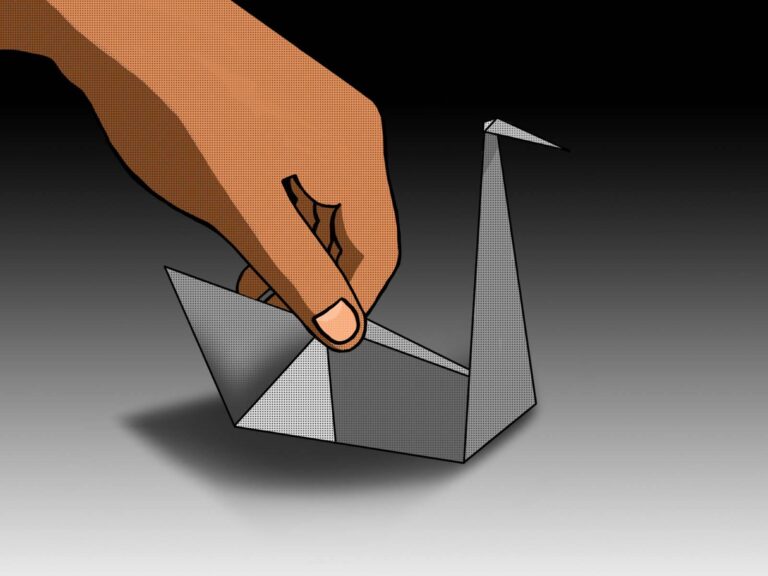
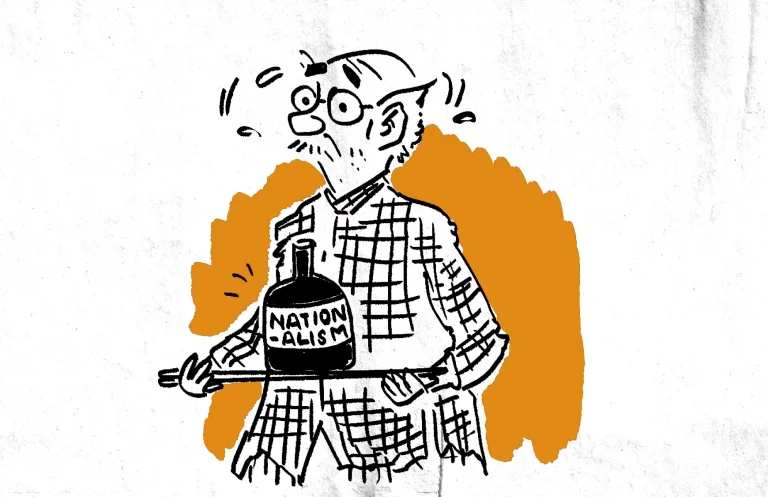

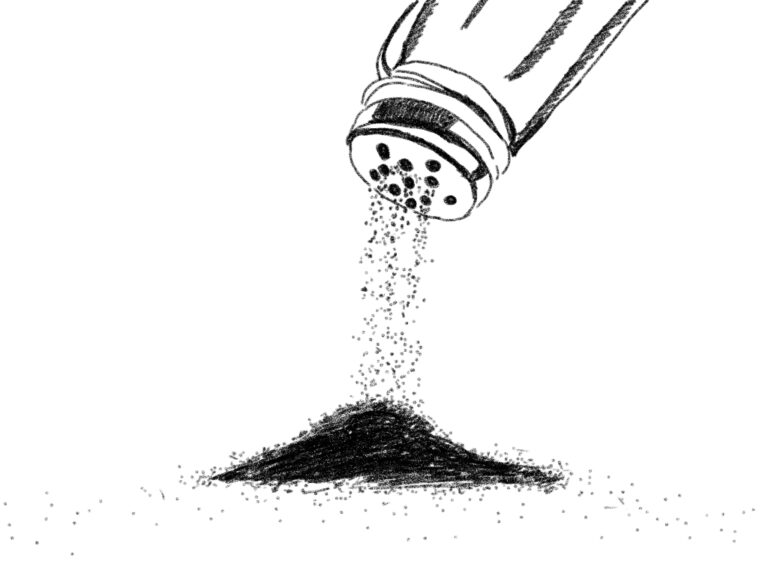
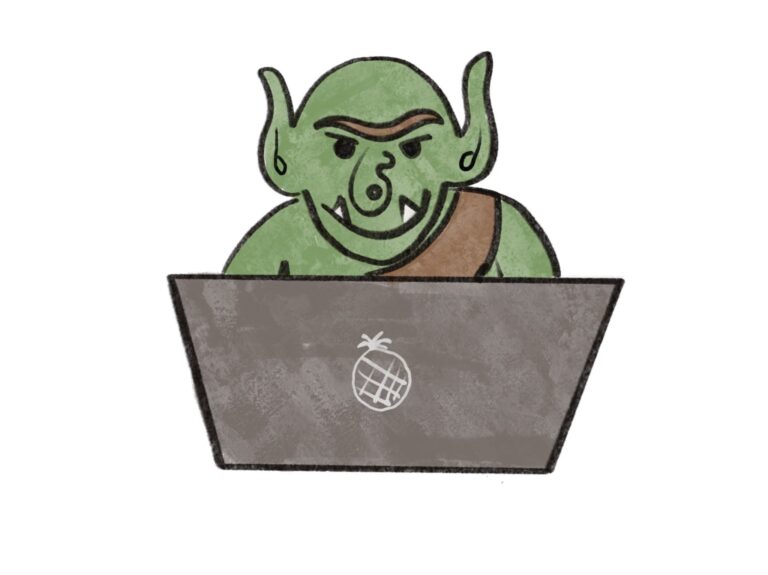
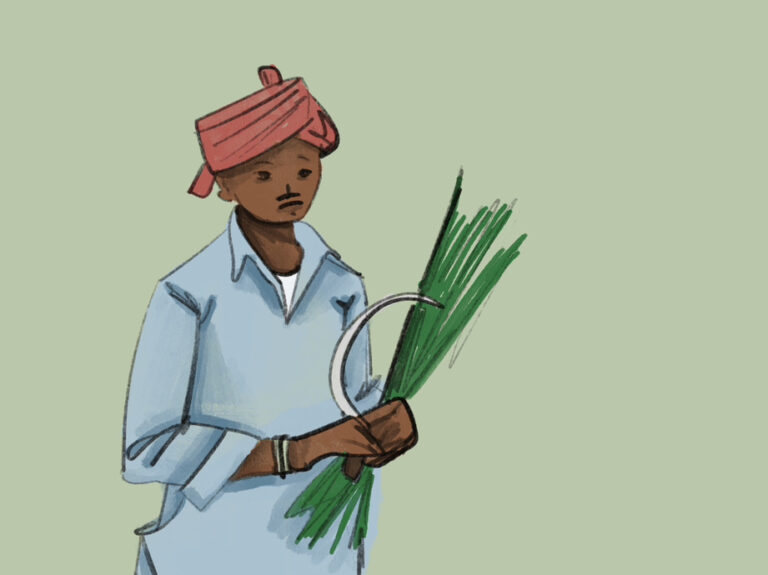
So happy to see that the issue of caste-ba discrimination among students in elite institutions is included in this discourse. A good read.